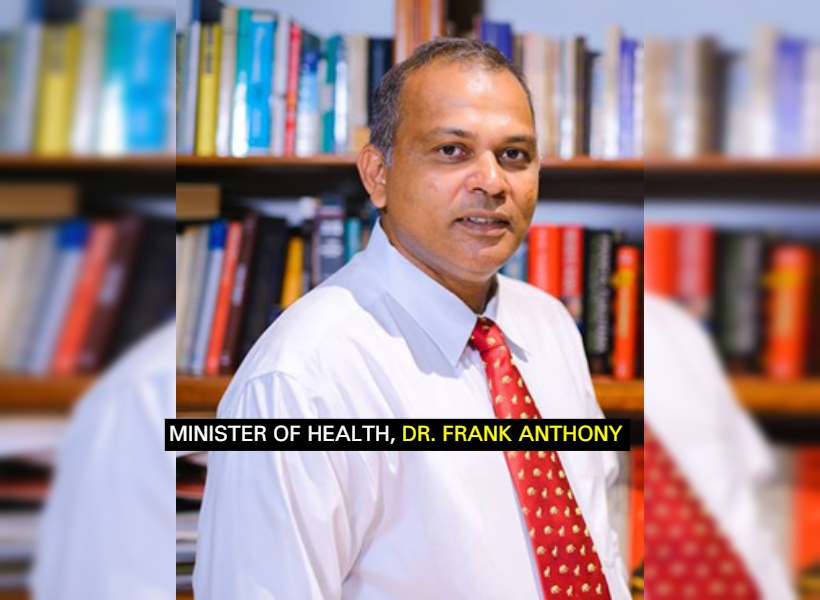Guyanese will soon be able to check their HIV status in the comfort of their homes, as the government gears to rollout a self-testing initiative later this year. Making the announcement today was Health Minister, Dr Frank Anthony who noted that the initiative is in keeping with the country’s five-year HIV Strategic Plan launched last year. He said that after the budget is passed, the government will move to procure self-testing kits for distribution.
Dr. Anthony added that his ministry will also be looking to enhance measures to decrease HIV transmission by expanding pre-exposure prophylaxis (PrEP) treatment and extending the sero-discordant relationships programme. Pre-exposure prophylaxis (or PrEP) is a way for people who do not have HIV, but who are at very high risk of getting HIV, to prevent infection by taking a pill every day, he said. A sero-discordant relationship, also known as mixed-status, is one where one partner is infected by HIV and the other is not. PrEP is offered to that uninfected person to reduce risk of transmission.
“We want to extend those, so that anyone who feels that they are at risk would be able to come into one of our clinics and receive the pre-exposure prophylaxis medication. That is something that has been recommended by PAHO/WHO, UNAIDS and many of the international bodies that have been working on HIV, because they see them as one of the most effective ways in reducing spread of HIV,” he said.
The ramping up of efforts to reduce the spread of HIV in Guyana comes against the backdrop of the country failing to meet the Joint United Nations Programme on HIV/AIDS (UNAIDS) target for 2020. In order to achieve an AIDS-free generation, the UNAIDS had set a target codenamed “90-90-90”, which aims to ensure that 90% of all people living with HIV will know their status, 90% of all people diagnosed will receive sustained antiretroviral therapy (ART), and 90% of all people receiving ART will have viral suppression, all by 2020. Dr Anthony said that Guyana only managed to achieve the first one target.
“So, there’s still alot of work to be done, and we want to accelerate this process of getting more people on treatment and to get more people virally suppressed,” he said, while noting that budgetary allocations will assist in this regard.











